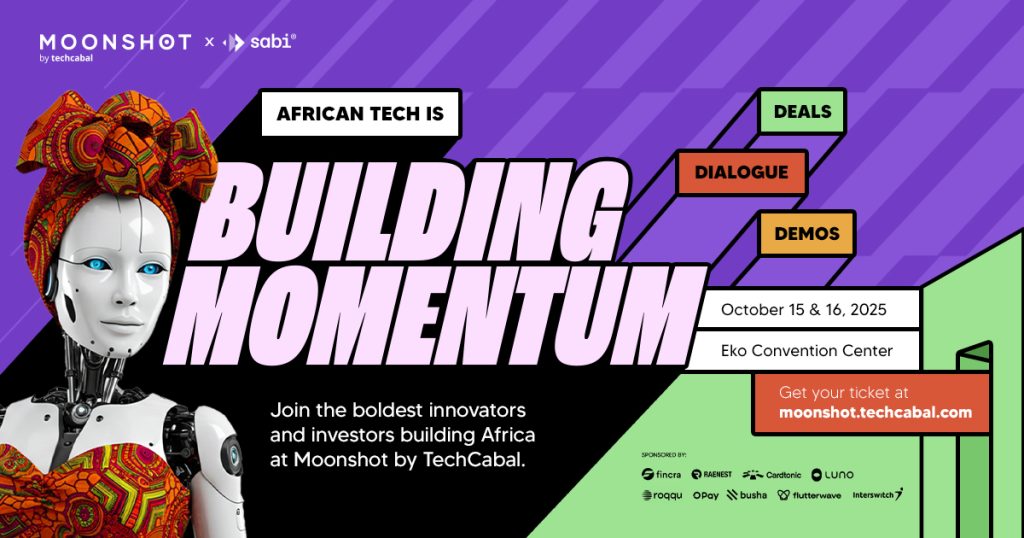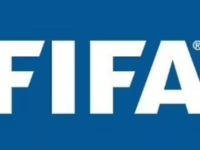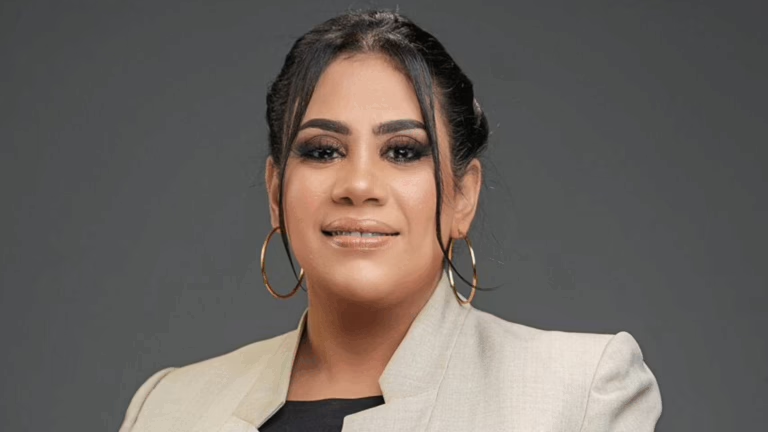While most business owners flee war zones, Alaa Salih Hamadto is scaling in one. From Kassala, near Sudan’s eastern border with Eritrea, she runs Solar Foods, a startup using solar energy to preserve food amid one of Africa’s worst humanitarian crises.
The war in Sudan has killed tens of thousands, displaced over 12 million, and gutted the economy. What began as a power struggle between two generals has left the country in near collapse. Yet Hamadto and her team have found a way not just to survive but to grow a startup. More than 5,000 farmers and 40 cooperatives, many led by women displaced by the war, now process and export food for the first time. That work earned Hamadto the 2025 Bayer Foundation Women Empowerment Award, placing her among Africa’s boldest women innovators.
The inventor’s daughter
The story of Solar Foods began decades before the war. In the 1980s, Hamadto’s father, a senior scientist at the UK Atomic Energy Authority, designed Sudan’s first tunnel and greenhouse solar dryers. He believed the country’s greatest untapped resource was sunlight.
“My father used to say, ‘We have sunlight more than anything else,’” Hamadto recalls. He spent years building prototypes, but adoption was slow and his work failed to achieve its potential. For her, his work wasn’t just an invention; it was a legacy.
“My father’s dream showed me that innovation isn’t about complex machines. It’s about solving local problems with what we already have.”
Hamadto left her job as a dentist to carry on her father’s legacy in a more practical way, turning his prototype into a business. “I wanted to validate his technology through food science and prove that it could be commercial,” she says. She spent three years in R&D, adapting the dryers, testing food safety standards, and building a small team.
By 2017, she had formally founded Solar Foods, bootstrapping it from her savings. “I even sold my gold to raise funds,” she recalls. “Every cent went into packaging and marketing to show that solar-dried foods could be safe, consistent, and desirable.”
In 2020, during a flood season, she saw the full potential of solar drying. Rising water cut off access to small-scale female farmers who had just harvested molokhia, a leafy green similar to spinach. Middlemen refused to buy or transport the crop.
“Vehicles couldn’t reach the area, so our team used boats to get in, then relied on camels for transport, navigating extremely difficult terrain,” Hamadto explains. They moved the crops to their facility and solar-dried them to prevent spoilage.
“We paid the farmers fairly, and I’ll never forget the relief and hope in their eyes. That moment made it clear: solar drying isn’t just a preservation technique—it can be a lifeline.”
How the technology works
Solar Foods builds on her father’s original designs but adapts them for modern use. “Each dryer is equipped with sensors that measure temperature and humidity, connected to a closed-loop system that automatically adjusts airflow,” Hamadto explains. “This gives farmers a reliable, automated process without constant supervision.”
Hamadto explained that more than 80 to 90 percent of the heat comes directly from the sun, while small solar panels power the fans and sensors. Direct sun drying exposes food to dust and takes too long, reducing nutritional value, while freeze-drying is extremely costly and energy-intensive. “Electrical or diesel dryers consume high amounts of power, making them expensive and less sustainable,” she says. “Our solar dryers strike the balance: when you compare cost, time, and quality, solar emerges as the most practical and sustainable choice.”
The system handles some crops better than others. “The best are onions, garlic, okra, and tomatoes—they’re stable and always in demand,” Hamadto says. The toughest have been mangoes and dates, plus sensitive fruits like berries. “Leafy greens demand low temperatures to keep their color, and meat or fish come with the highest safety risks.”
Before the war, Solar Foods integrated IoT monitoring using 4G connectivity. The conflict disrupted that system. “Right now, we focus on automation in the field. Our long-term plan is to bring back IoT when we can build multiple hubs and secure funding.”
Building a resilient business
By 2021, Solar Foods had formalised as a social enterprise with four revenue streams. Smallholder farmers pay modest fees for drying services “priced low because our core mission is supporting marginalised communities,” Hamadto notes. Main revenues come from B2B buyers who purchase dried ingredients like onion and garlic powders, okra flakes, and tomato flakes, plus B2C customers through branded products. The company also manufactures and sells solar dryers to NGOs, cooperatives, and agribusinesses.
Quality control starts at the source. “We select crop varieties that are high-yield and proven to dry well,” Hamadto explains. “We work closely with farmer cooperatives and only take the first harvest when the crop is at peak quality.”
When produce arrives, the team ensures rigorous sorting and grading. Operations are aligned with HACCP (Hazard Analysis and Critical Control Points) standards and Good Manufacturing Practices (GMP).
Distribution is built into the model. “They say a first-time entrepreneur focuses on the product, but a second-time entrepreneur focuses on distribution,” Hamadto says. “Without last-mile distribution, even the best product will fail.”
Solar Foods invests in certifications, export readiness, and partnerships with local aggregators and international agents who handle logistics. “We focus on ensuring quality and safety, while outsourcing logistics to partners who already have strong networks.”
Many of Solar Foods’ cooperative leaders are women displaced by war. The company trains them to manage dryers and run agribusinesses, creating income and local capacity. They also train farmers on hygiene, pricing, and packaging to meet export standards.
“As a female, I struggle a lot in a male-dominated world,” Hamadto says. “In business, men assume you only deserve to be a startup. No chances for scaling up.” The women she works with are changing that narrative. One example: supporting 13 cooperatives to register under a business name for the first time in Sudan. “That legal recognition allowed them to secure $100,000 in funding, proving their collective work has real, marketable value.”
Redesigning for war
When fighting erupted in April 2023, Solar Foods’ Khartoum office was looted and destroyed. The team decentralised operations, relocating to Kassala, one of the safer hubs in the country.
Solar-powered mobile drying units now allow production to continue even when roads are blocked. Farmers rent drying space or sell collectively through cooperatives, reinvesting profits in seed banks and local storage. Solar Foods currently operates six dryers in Kassala, three serving a falafel raw-material line, processing up to six tons of wet produce daily.
“We simplified logistics, reduced dependence on national grids, and focused on staple crops with quick turnaround,” Hamadto says. “Staying lean and cash-flow positive is what allowed us to survive.”
She reflects on the irony of wartime growth: “It’s ironic that in war, we finally had room to grow. We were first movers who dared to work under bombs. Big companies and businessmen were hesitant. Before, we couldn’t get enough help, but now they consider me a brave entrepreneur.”
Government support has been limited. Solar Foods’ strongest allies have been international NGOs, private buyers, and local community coalitions.
A future powered by the sun
In 2025, Hamadto’s work won the Bayer Foundation Women Empowerment Award, bringing funding, mentorship, and visibility. “The award validated our women-led cooperative model on a global stage,” she says. “It connected us to expert networks and directly strengthened donor and B2B confidence. It opened doors to partnerships and better market access.”
She is now seeking $750,000 in blended financing (a mix of grant and investment capital) to purchase land in Kassala, build a 1,000-square-meter warehouse and packing line, and expand to more than ten dryers. “Our old facility was destroyed, so we need new infrastructure that can be eligible for certification.”
Her vision is ambitious: to make Sudan a hub for solar-dried products in Africa, supporting 50,000 farmers with multiple hubs across the country. “Our goal is to build a network of solar agro-processing hubs across Sudan, exporting to Gulf and EU markets. AI will drive demand forecasting, drying optimization, and quality control.”
Solar Foods is also in talks with humanitarian agencies to supply dried foods to displaced communities and hospitals.
For Hamadto, it all circles back to her father’s vision of harnessing Sudan’s most abundant resource: sunlight. “I don’t claim that our systems are the most advanced in the world, but I do say that our technology is the right one—a form of social innovation,” she says. “I don’t want Solar Foods to become another project that exists only on paper. It has to make real impact in the lives of the people who grow our food.”
Mark your calendars! Moonshot by TechCabal is back in Lagos on October 15–16! Meet and learn from Africa’s top founders, creatives & tech leaders for 2 days of keynotes, mixers & future-forward ideas. Get your tickets now: moonshot.techcabal.com
























0 Comments